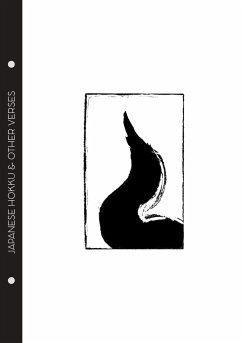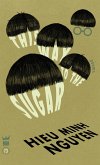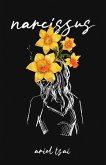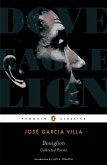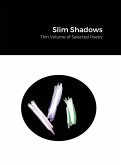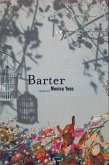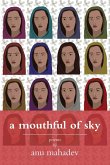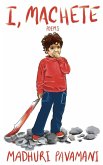Yone Noguchi - Japanese Hokku & Other Verses Public Domain Poets #5 Publicdomainpoets.com Over 100 of Yone Noguchi's English-language haiku (then called hokku), and haikai and tanka-influenced 'free verse' (published from 1896-1920), as well as numerous excerpts from his essays and lectures on hokku and poetics, little of which has been anthologised before. New edition designed, edited, and selected by Dick Whyte. Behold the sky where the cuckoo sang,- There remains the morning moon. Behold the world where life cried,- There remains poetry. Noguchi moved to America in 1893, worked as a journalist, and then went to live with the poet Joaquin Miller, and began writing poetry. While English poetry was predominantly rhymed, Noguchi wrote unrhymed verse, taking influence from Japanese forms like haikai and tanka. Noguchi wrote the earliest known English-language haiku, and was one of the earliest English-language poets to write entirely in 'free verse', after Walt Whitman. He also encouraged Western poets to take up haiku and tanka, writing numerous articles, and publishing 2 well-known books of essays, on hokku, tanka, and poetics. Today the dripping rains are my comrades. Their songs are the songs of my soul- The songs of love and dreams. Where will the rains go? Where will my soul go? As 'Poetry' magazine would write in 1919: "Looking back on them now, one can see how directly they forecast the modern movement. They were in free verse - in the 1890s! - they were condensed, suggestive, full of rhythmical variations." Noguchi's work would go on to influence numerous significant poets of the post-1913 'new verse' movement, including Adelaide Crapsey, Amy Lowell, Ezra Pound, John Gould Fletcher, Lewis Alexander, E.E. Cummings (et al.). Is there anything new under the sun? Certainly there is. See how a bird flies, how flowers smile! Public Domain Press is dedicated to producing contemporary editions of out-of-print poets and poetry collections, particularly with regard to compressed and fragmented 'free verse' from the late-1800s and early-1900s. All poems start as facsimiles - to preserve the original fonts - which are then cleaned up, edited for consistency, and spaciously laid-out, adorned with borders, illustrations, and ornaments from the books and magazines they originally appeared in. These are not "reprints" of previously existing books, but newly crafted collections, lovingly edited from public domain material, for the serious poetry lover.
Hinweis: Dieser Artikel kann nur an eine deutsche Lieferadresse ausgeliefert werden.
Hinweis: Dieser Artikel kann nur an eine deutsche Lieferadresse ausgeliefert werden.

